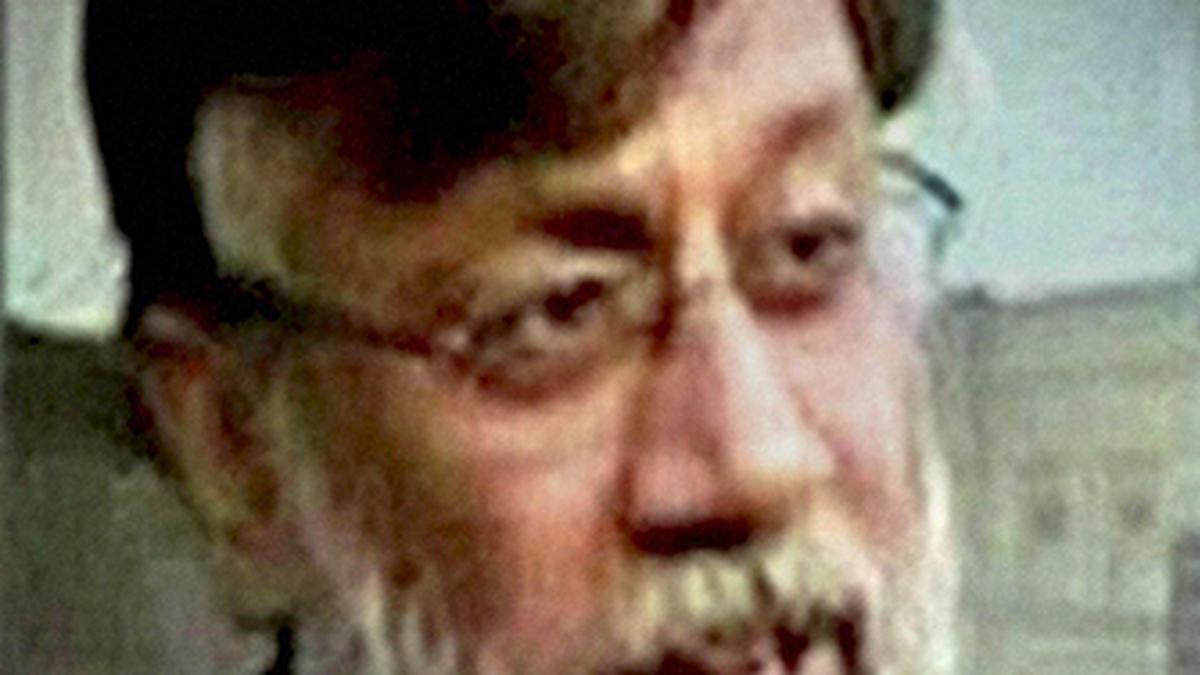A U.S. court has denied the writ of habeas corpus filed by Pakistani-origin Canadian businessman Tahawwur Rana, paving the way for US Secretary of State Antony Blinken to issue a certification for him to be extradited to India where he is facing a trial for his alleged involvement in the 2008 Mumbai terror attacks.
Judge Dale S Fischer, United States District Judge, Central District of California, wrote in his order on August 2 that the court has denied Tahawwur Rana’s petition for writ of habeas corpus. However, Rana has filed an appeal against the order and sought a stay on his extradition to India till the time his appeal in the Ninth Circuit Court is heard.
In June this year, Rana had filed a writ of habeas corpus challenging a court order that acceded to the request of the US government to extradite him to India. Judge Fischer in his order stated that Rana has only made two basic arguments in the writ. First, Rana claims that, pursuant to the treaty, he cannot be extradited because India plans to prosecute him for the same acts for which he was charged and acquitted in a United States court. Second, he argues that the government has not established that there is probable cause to believe that Rana committed the Indian offenses for which he is expected to stand trial, the judge said. He denied both arguments of Rana.
Following Judge Fischer’s order, Rana’s two attorneys filed an appeal to the United States Court of Appeals for the Ninth Circuit and a separate appeal for a stay of extradition pending his appeal. The US government had urged the court to deny Rana’s petition for a writ of habeas corpus, stating that Rana’s claims about the legitimacy of his business in Mumbai fall flat. The evidence does not support Rana’s assertion that the Mumbai office conducted legitimate business. Rana’s extradition would violate the United States-India extradition treaty in two respects, Rana’s attorney argued. First, Rana has been tried and acquitted in the United States District Court for the Northern District of Illinois for charges based on the identical conduct for which India seeks to prosecute him. Second, the material submitted by the Government of India, consisting principally of transcripts and exhibits from Rana’s trial in the Northern District of Illinois, fail to establish probable cause that he committed the offenses for which India has charged him.
The US government argued that Rana’s claim that he did not review Headley’s visa application is unsupported by the evidence. Rana does not dispute that Headley’s visa applications contain false information but claims that it is unlikely that he checked them for accuracy. The US attorney stated that Rana’s claim does not undermine probable cause and is not persuasive.











